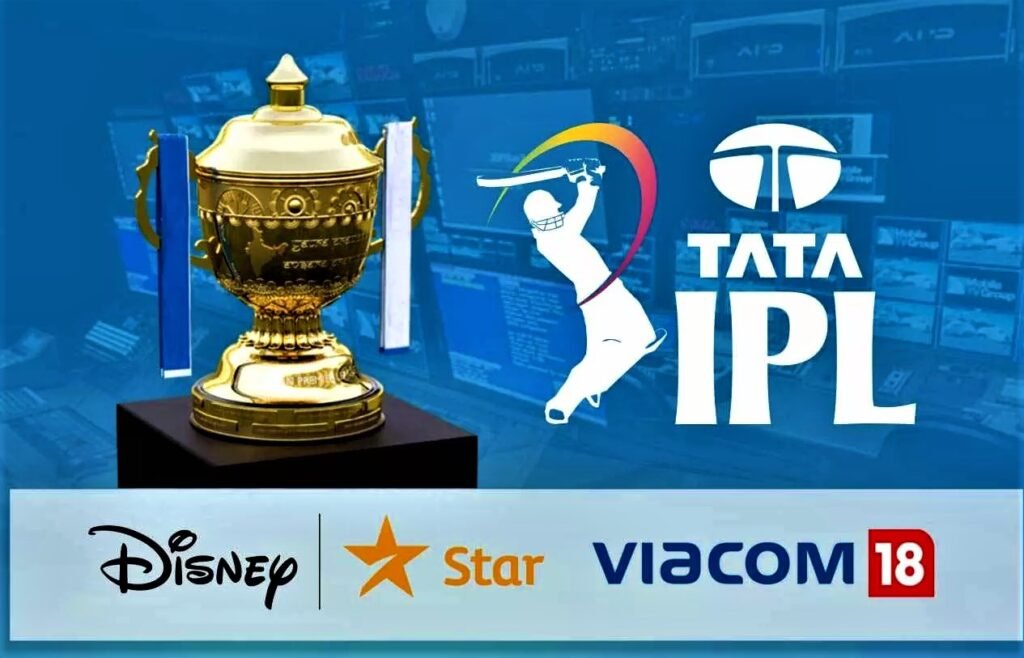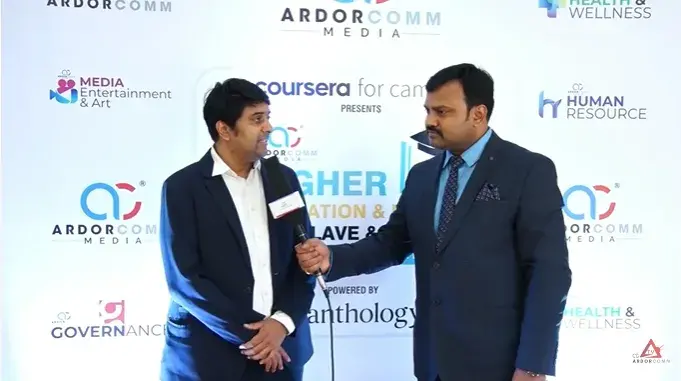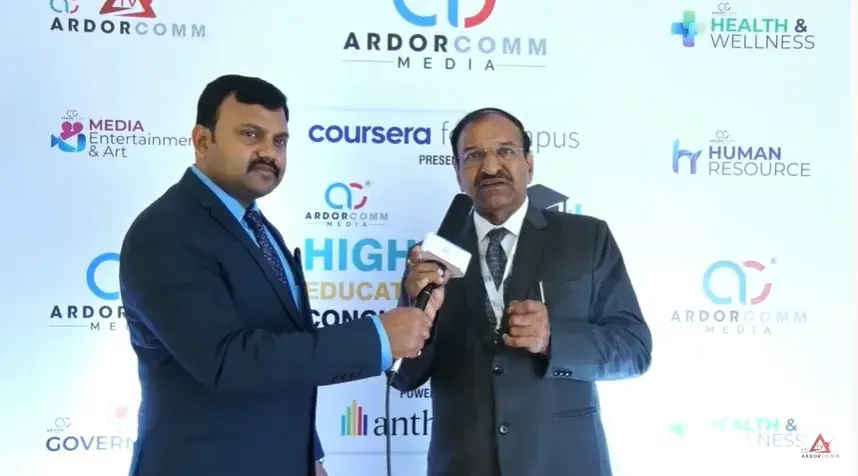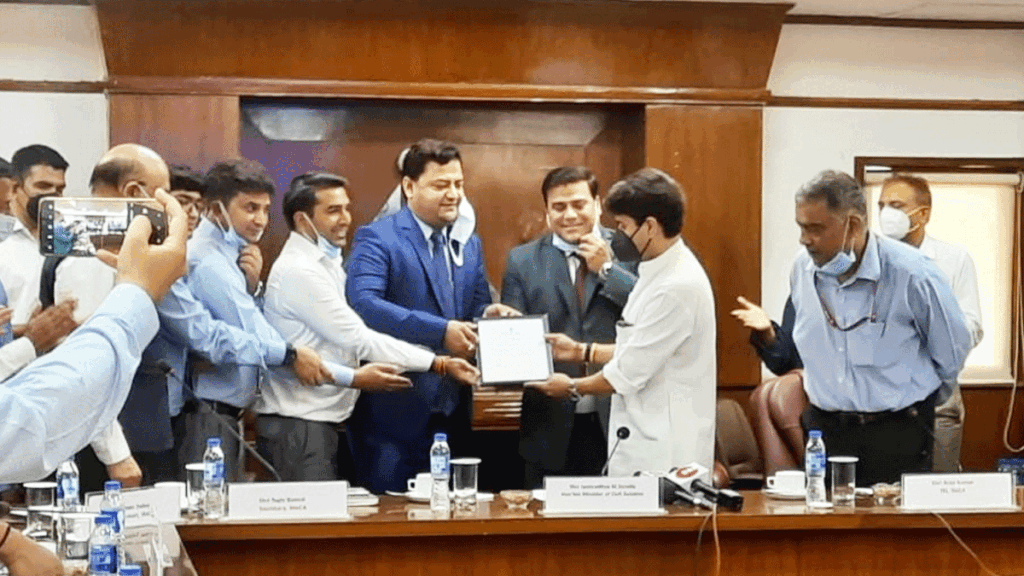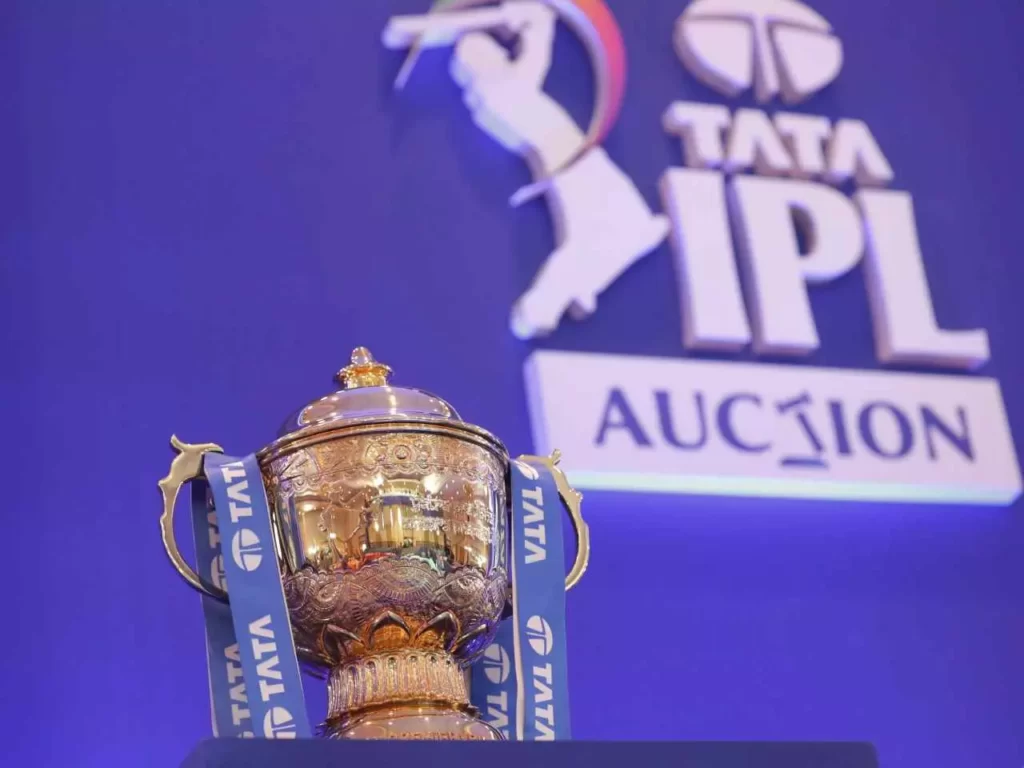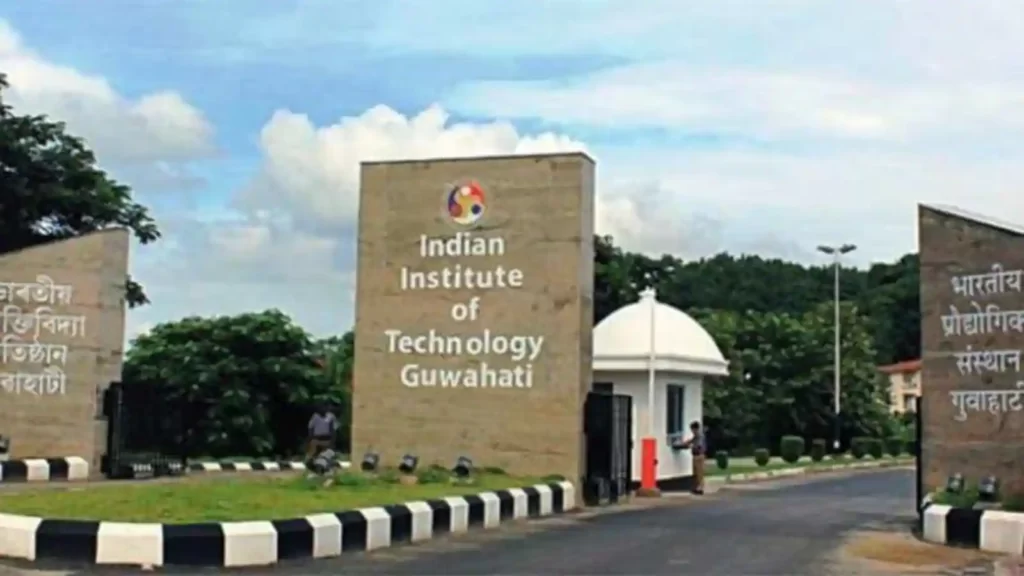IPL Media Rights: Total rights sold for Rs 48,390 cr
The BCCI has garnered Rs 48,390 crore from a three-day e-auction of media rights for the IPL’s 2023-2027 cycle, with Disney-Star securing TV rights for the Indian subcontinent and Viacom18/Reliance sweeping the digital segment. The bidding was done per-game, which means that the rights holders will pay the cricket board Rs 118.02 crore per match for the next five-year cycle. Every IPL season currently has 74 matches, and that number is expected to rise. Over the course of five years, the total number will be 410. Package A – TV rights for the Indian subcontinent – was acquired by Disney-Star for Rs 23,575 crore. Packages B and C were picked by Viacom18/Reliance, which would pay the board Rs 23,758 crore. Package B covers digital rights for the Indian subcontinent, while Package C is a special bouquet of 18 matches per season with non-exclusive digital rights for the same territory. Package D — world rights for TV and digital — was shared by Viacom18 and Times for Rs 1,057 crore. To put these figures in context, Star India won the IPL media rights for the 2018-2022 cycle with a composite bid of Rs 16,347.5 crore, which included both TV and digital, with a per-match payment of Rs 54.5 crore. This time, the value of IPL media rights increased threefold, with digital proving to be the most important factor. The BCCI predicted a gain of more than Rs 45,000 crore after setting the combined base price at Rs 32,890 crore — and it wasn’t far off. The elimination of composite bids in favour of higher bids in the digital market was the pinnacle of its business strategy. “India has seen a digital revolution & the sector has endless potential. The digital landscape has changed the way cricket is watched. It has been a big factor in the growth of the game & the Digital India vision,” BCCI secretary Jay Shah tweeted after the e-auction. The fourth edition of MICA Ahmedabad’s Indian Over-the-Top (OTT) Platforms Report 2021 (post-pandemic consumption) revealed that digital subscriptions increased by 49%. Viewership was highest among those aged 15 to 34, a demographic that caters to the IPL’s ardent fans. However, Disney-digital Star’s platform Hotstar played a key role in the transformation, bringing the game to consumers’ smartphones. Uday Shankar, the former chairman-turned-CEO of Star India, orchestrated the move after pulling off a Packer-like coup in cricket broadcasting in 2017. Shankar was on Viacom18/Reliance’s side five years later when the company fought off Star’s aggressive bidding, according to sources. “The BCCI will utilise the revenue generated from IPL to strengthen our domestic cricket structure starting from grassroots, to boost infrastructure and spruce up facilities across India and enrich the overall cricket-watching experience,” Shah wrote. “Now, it’s time for state associations, IPL franchises to work together with the IPL to enhance the fan experience and ensure that our biggest stakeholder — ‘the cricket fan’ is well looked after and enjoys high quality cricket in world-class facilities, he added. With effect from June 1, the BCCI has already announced a significant increase in monthly pensions for retired cricketers and umpires, benefiting about 900 people. The IPL easily surpassed the Premier League, where broadcasters pay roughly $11 million per match, with $15.1 million each match (converted to US dollars). It was a “red-letter day for Indian cricket,” according to Shah. But, with just approximately ten countries taking cricket seriously as a commercial proposition, the main question is whether recouping the money will be a problem. In cricket, an exponential increase in media rights revenue, according to an IPL franchise executive, is anticipated to raise the team purse as well. For the following two years, the budget has been fixed at Rs 95 crore and Rs 100 crore.
IPL Media Rights: Total rights sold for Rs 48,390 cr Read More »

